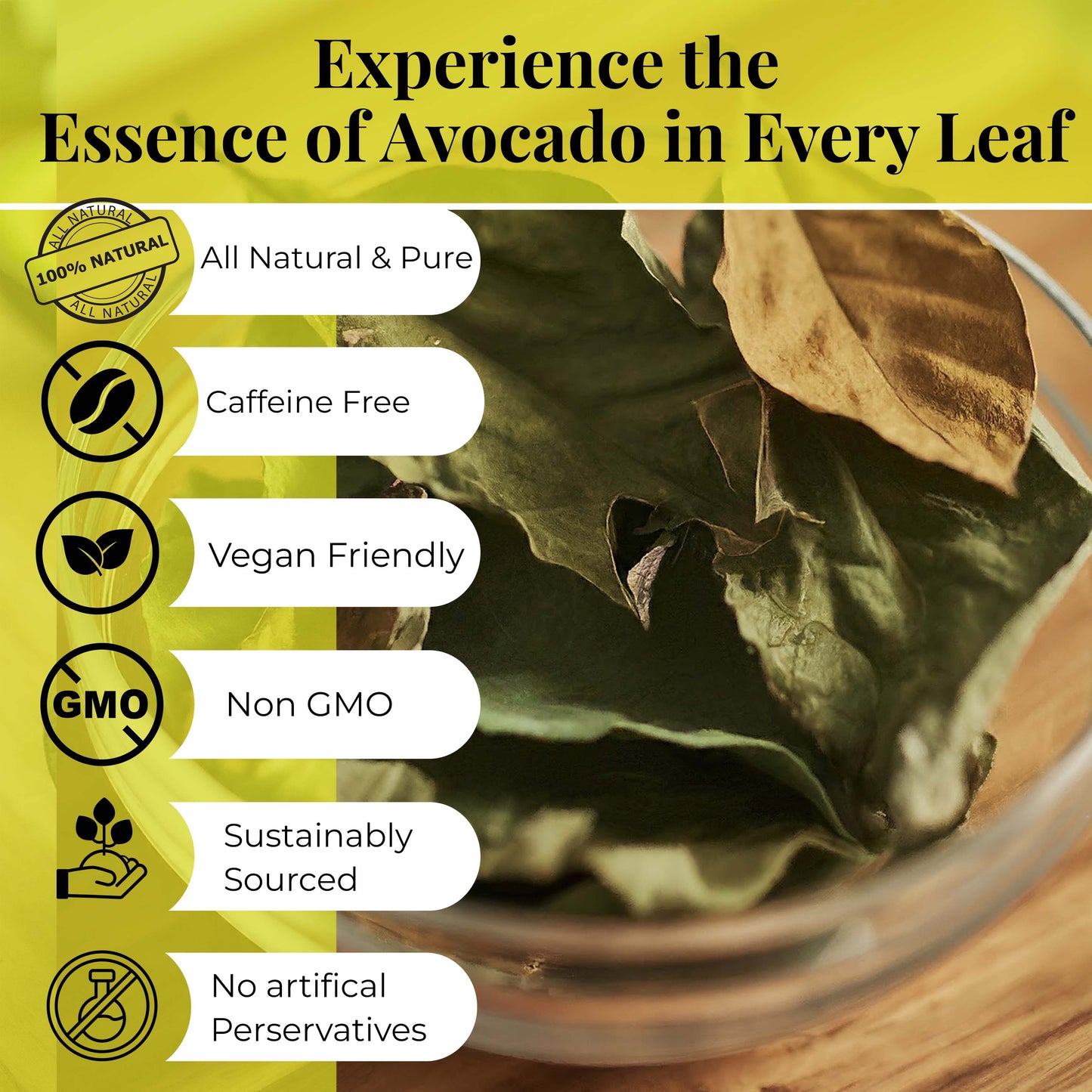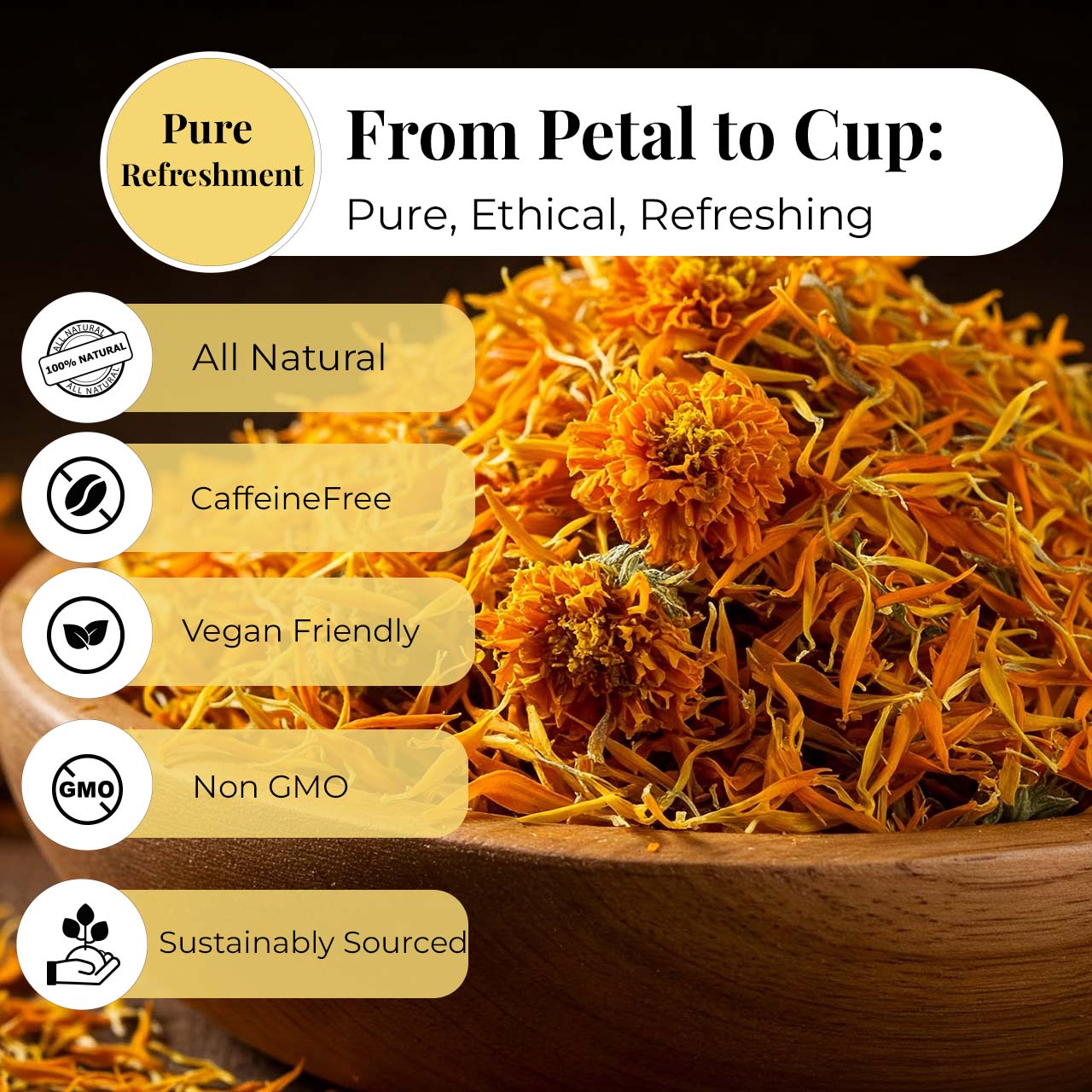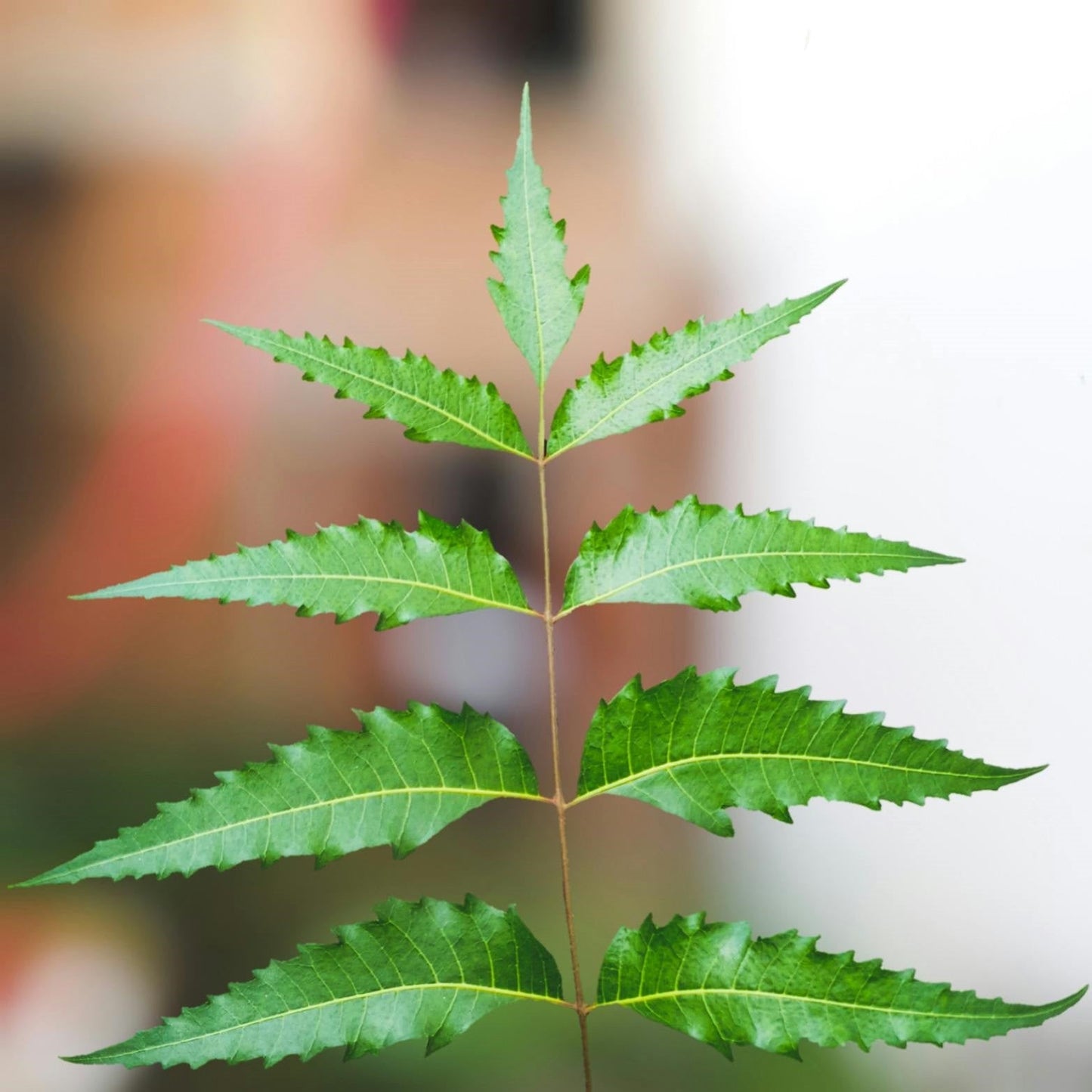Why Seasonal Immunity Matters
Every change of season brings a wave of environmental shifts—cooler weather, pollen, humidity, and even increased viral circulation. Our bodies naturally need extra support during these transitions. This is where herbal remedies for seasonal immunity step in, offering safe, natural, and time-tested ways to defend against seasonal colds, flu, and fatigue.
The Role of Herbal Remedies in Immune Health
Traditional Wisdom Meets Modern Science
For centuries, herbalists and traditional healers across cultures—from Ayurveda in India to Traditional Chinese Medicine—have used plants to maintain health. Modern research now confirms what our ancestors knew: herbs contain bioactive compounds that stimulate immune cells, reduce inflammation, and enhance resilience.
How Herbs Support the Immune System
-
Antioxidants fight free radicals.
-
Phytochemicals regulate immune cell activity.
-
Natural antimicrobials reduce harmful pathogens.
-
Adaptogens balance stress hormones that weaken immunity.
By adding herbs and spices to your daily routine, you’re not just seasoning food—you’re fortifying your health.
Top Herbal Leaves for Seasonal Immunity
Tulsi (Holy Basil) – The Queen of Herbs

Tulsi is called the “Elixir of Life” in Ayurveda. Rich in eugenol and ursolic acid, it boosts immunity, reduces stress, and supports lung health. Drinking Tulsi tea daily is a simple ritual to stay resilient during seasonal changes.
Neem Leaves – Detox & Defense

Neem is famous for its antibacterial and antiviral properties. Consuming neem capsules or neem-infused water helps detoxify the blood, making your body less susceptible to seasonal infections.
Moringa Leaves – Nutrient Powerhouse

Known as the “Miracle Tree,” moringa leaves are packed with vitamin C, vitamin A, and essential minerals. They strengthen immune responses and provide energy during seasonal fatigue.
Eucalyptus Leaves – Respiratory Shield
Eucalyptus leaves and essential oil are excellent for respiratory health. Inhaling eucalyptus steam clears sinuses, fights coughs, and protects against seasonal respiratory infections.
Mint Leaves – Cooling & Cleansing
Mint leaves support digestion and act as a natural decongestant. Adding mint to teas or soups during flu season can ease breathing and improve recovery time.
Spices that Strengthen Immunity
Turmeric – Golden Root for Protection
Turmeric contains curcumin, a powerful anti-inflammatory compound. It reduces oxidative stress and enhances antibody response. A golden milk latte at night is both soothing and protective.
Ginger – Warming & Anti-inflammatory
Ginger improves circulation, fights nausea, and strengthens respiratory defenses. Adding fresh ginger to tea or meals supports the body during seasonal transitions.
Cinnamon – Antioxidant-Rich Spice
Cinnamon is packed with polyphenols and has antiviral properties. Sprinkling cinnamon in porridge or coffee provides subtle protection against seasonal infections.
Black Pepper – The Immunity Enhancer
Black pepper boosts the absorption of curcumin in turmeric. Its antibacterial compounds also protect the gut, where most immune cells reside.
Cloves – Natural Germ Fighter
Cloves are rich in eugenol, which acts as a natural antiseptic. Chewing cloves or adding them to herbal teas supports oral and respiratory health.
Combining Herbs & Spices for Maximum Benefits
Herbal Teas for Daily Immunity
Blend tulsi, ginger, cinnamon, and cloves into a warming herbal tea. This simple daily habit builds resilience and strengthens the immune system.
Spice Blends for Soups & Meals
Add turmeric, black pepper, and moringa powder to soups or smoothies. This ensures your immune system is nourished with every meal.
Lifestyle Practices to Boost Herbal Remedies
Nutrition & Balanced Diet
Herbal remedies work best when paired with a nutrient-dense diet rich in seasonal fruits, vegetables, and whole grains.
Sleep & Stress Management
Poor sleep weakens immunity. Herbs like tulsi and chamomile help improve sleep quality and reduce stress.
Exercise & Outdoor Time
Movement and fresh air strengthen circulation and lung capacity, making herbs more effective in supporting overall health.
FAQs About Herbal Remedies for Immunity
Q1: Can herbal remedies replace vaccines?
No, vaccines provide targeted protection. Herbs complement immunity but don’t substitute medical care.
Q2: Are herbal teas safe for daily use?
Yes, when consumed moderately. Always consult a healthcare provider if pregnant, nursing, or on medication.
Q3: How soon do herbal remedies show results?
Consistency is key. Benefits are often noticeable after 2–3 weeks of regular use.
Q4: Which is better: fresh or dried herbs?
Both are effective. Fresh herbs retain aroma, while dried ones concentrate active compounds.
Q5: Can children use herbal remedies?
Mild herbs like tulsi and chamomile are generally safe. Always confirm with a pediatrician.
Q6: Do herbs interact with medications?
Yes, some herbs may interact. For example, turmeric can affect blood thinners. Seek professional advice.
Conclusion: Embrace Herbal Power for Stronger Seasons
Seasonal shifts don’t have to bring illness. By incorporating herbal leaves and spices into your daily life, you’re not just enhancing flavors—you’re building a shield for your health. From tulsi and neem to turmeric and ginger, these time-tested remedies provide natural immunity, energy, and resilience.
Take the first step: brew a cup of herbal tea tonight, add turmeric to your dinner, and let nature support your wellness journey.






























